Running a business is like cultivating a garden. You must constantly nurture your leads with valuable content and compelling offers to push them toward conversions.
Lead nurturing software makes this journey easy by automating various steps. In this blog post, we’ll share more about lead nurturing software and the best lead nurturing tools to help you turn prospects into loyal customers. Let’s hop in.
What is a Lead Nurturing Tool?
A lead nurturing tool keeps your business in the hearts and minds of your potential customers. These tools automate follow-ups and keep the conversations going, ensuring your leads are always interested.
A lead nurturing software uses behavioral analytics to trigger tailored communications based on specific actions or milestones. Here’s how it helps:
- Personalizes communication. A lead nurturing solution customizes messages based on customer actions and preferences, making each interaction feel special;
- Tracks behaviors. Keeps tabs on potential customer behaviors and interests, making it easier to understand what they’re looking for;
- Automates tasks. It frees you from repetitive tasks, helping you focus on the more creative aspects of your business.
Why Investing in Lead Nurturing Tool is a Smart Move?
Using a lead nurturing tool can supercharge your sales and marketing strategy. Here are some compelling reasons.
- 66% of people who use marketing automation do it to improve their lead-nurturing processes;
- 77% of companies register increased conversion rates when they use marketing automation for lead nurturing.
- Nurtured leads make 47% larger purchases compared to non-nurtured leads;
- Lead nurturing emails get up to 10 times the response rate compared to standalone email blasts.
Still on the fence? Here’s why an investment in lead nurturing solutions makes sense:
- Streamlines the sales process. Automates follow-ups and tracking, helping your sales team focus on high-impact activities to accelerate the sales cycle;
- Delivers personalized content. Analyzes lead behavior to provide tailored content, increasing engagement and building stronger prospect relationships;
- Saves time. Automates repetitive tasks, freeing teams to focus on planning, strategy, and relationship building;
- Prevents lead loss. Ensures consistent communication, reducing the risk of leads falling through the cracks or losing interest;
- Improves conversion rates. Provides timely and relevant info to prospects through the buyer’s journey, increasing the likelihood of conversion.
5 Key Features of Lead Nurturing Software
Given how vital lead nurturing is, no wonder you should have high expectations from the software responsible for it. Here are the most important features you should look for:
Automated Email Campaigns
The software should help your sales team maintain consistent communication without manual effort. For example, it should trigger targeted messages based on lead behavior or predefined schedules.
Automation keeps leads engaged by maintaining regular contact and delivering relevant content, increasing the likelihood of conversion.
Lead Scoring
Lead scoring assigns numerical values to leads based on their behavior, demographics, and engagement level.
This helps optimize resource allocation and tailor sales approaches to increase conversion efficiency.
Personalization Capabilities
Personalization delivers relevant content based on a lead’s characteristics and behaviors. This helps in building stronger relationships and trust.
Pick a tool that enables content customization to boost conversion rates.
Behavior Tracking
Such a feature monitors lead interactions across touchpoints. You gain insights into interests and intent for nurturing leads.
All this helps power your segmentation strategies and enable more meaningful sales conversations.
CRM Integration
Seamless integration with a Customer Relationship Management (CRM) centralizes lead data and streamlines the sales process. You get a unified view of each lead’s journey for better sales and marketing alignment.
Such a feature improves lead management efficiency and helps retain interest throughout the sales funnel.
15 Lead Nurturing Tools: Software Highlights and Use Cases
With so much to automate in your lead nurturing process, you need powerful software loaded with useful features. Here are some of the best tools you can try for your company.
Let’s start lead nurturing software comparison and look at each one in detail.
1. Sender — Best for Automated Email Campaigns
Sender transforms leads into customers through automated yet highly personalized engagement campaigns across email & SMS.
Best for:
- SMBs;
- Ecommerce companies;
- Budget-light marketing teams.

Sender is like a tireless assistant that automates follow-ups and maintains conversations to guide leads toward conversion. There’s a visual automation builder and several features to personalize your email campaigns.
Its intelligent behavioral segmentation helps tailor campaigns based on the lead’s actions. So you can reach out at the right moment every time.
Plus, you can target your leads across email as well as SMS. Such a targeted approach amplifies your nurturing efforts and drives better results.
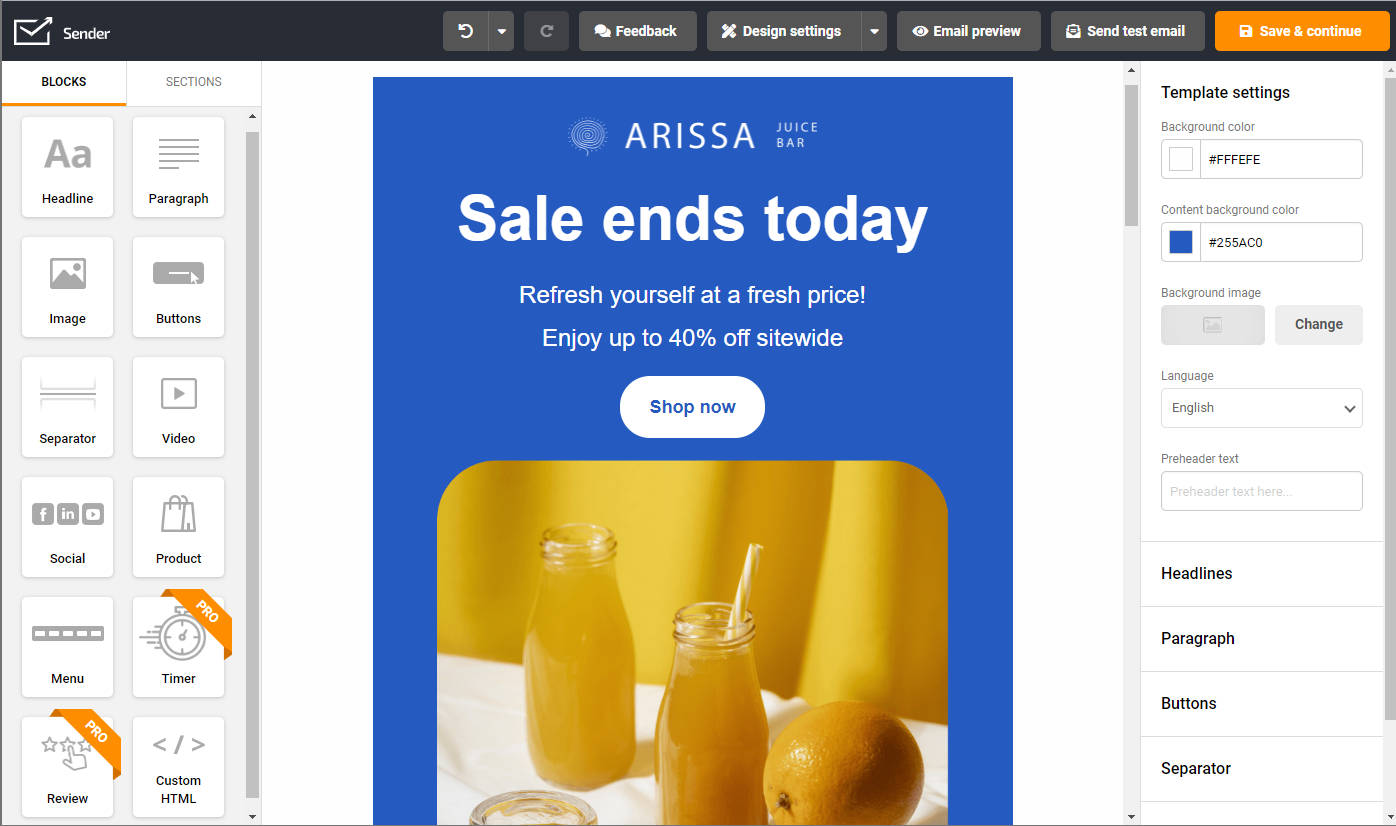
Sender’s Key Features
- Drip campaigns and sequences;
- Email and SMS marketing automation;
- Behavioral segmentation;
- Form builder;
- Integrations with all major CRM & ecommerce platforms.
Pros & Cons
| Pros | Cons |
| Visual automation builder | Sender branding in the free plan |
| Behavioral segmentation and targeting | |
| SMS marketing capabilities |
Pricing
- Forever free plan for up to 2,500 subscribers and 15,000 emails per month;
- Paid plans start at $15 per month for up to 30,000 emails and SMS marketing features.
2. LeadSquared — Great Platform for Lead Scoring
LeadSquared specializes in sales, marketing, and customer onboarding automation. It offers robust lead-scoring tools to help you prioritize leads and is particularly effective for high lead-volume businesses.
Best for:
- High-value businesses;
- Sales automation coaches;
- Data-driven teams.

LeadSquared supports lead scoring and offers automated sales alerts based on their stage. Its reporting and analytics features are good, too – it comes with customizable dashboards and standard reports, and you can even set up custom reports.
LeadSquared Key Features
- Lead scoring;
- Automated workflows;
- Multichannel engagement;
- Form builder;
- Lead analytics.
Pros & Cons
| Pros | Cons |
| Seamless integration with a lot of marketing/sales tools | Slow when it comes to advanced lead segmentation and filters |
| API support for customization | Occasional technical glitches |
| Automated sales alerts | Costly for many businesses |
Pricing
- Free trial available on request;
- Paid plans start at $400 per month.
Also read: 12 Best Online Form Builders for Business in 2023 (Free & Paid)
3. Ortto — Lead Nurturing Campaign Management Solution for SaaS
Ortto is a lead nurturing platform for creating direct connections and discovering actionable insights.
Best for:
- B2B SaaS companies;
- Large enterprises;
- Sales-led organizations.

It helps sales teams unify customer data with their customer data platform (CDP). You can capture leads and segment them for automatic nurturing across the customer lifecycle.
As a result, you can engage these audiences with personalized omnichannel experiences and analyze their growth with a robust suite of business intelligence (BI) tools.
Ortto Key Features
- Customer journey mapping;
- Lead scoring features;
- Campaign analytics;
- Activity dashboard;
- Behavioral targeting.
Pros & Cons
| Pros | Cons |
| AI marketing tools & predictions for optimizations | Costly and overwhelming for beginners |
| Advanced email personalization capabilities | Requires time to set up and train your team |
| Omnichannel inbox | Suitable for enterprise use cases |
Pricing
- Free 14-day trial;
- Paid plans start at $509 per month for up to 10,000 contacts.
Check more campaign management tools here: 5 Best Campaign Management Tools in 2023
4. HubSpot — Best Customer Relationship Management Software
HubSpot is a customer relationship management (CRM) for managing your sales pipeline on a visual dashboard. You can personalize marketing emails, offers, content, and outreach according to lead behavior.
Best for:
- Large companies;
- B2B sales teams;
- Marketing coaches.
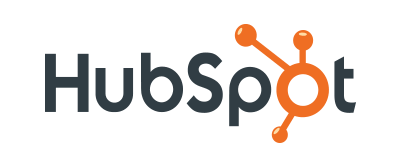
HubSpot CRM also monitors your lead’s email activity so that you can track hot leads. For example, the system notifies your sales team of all website visitors or when a prospect opens an email to optimize your approach.
The software also helps you set up nurturing automations and streamline the creation of blog content, emails, and landing pages so you can optimize every step of a lead’s journey.
HubSpot Key Features
- Business lead nurturing workflows;
- Email marketing campaigns;
- In-built CRM;
- Inbound lead nurturing management;
- Content creation tool.
Pros & Cons
| Pros | Cons |
| Free CRM solution | Limited features and customizations in free plans |
| Great email marketing capabilities | Steep learning curve |
| Easy-to-navigate UI | Costly for small businesses |
Pricing
- Limited-time free trial account available with feature restrictions;
- Paid plans start at $18 per month for up to 1,000 contacts.
5. Keap — Online Sales Lead Nurturing Tool
Keap is a lead nurturing tool with hundreds of integrations to help you manage your business processes in one place. The software lets you manage lead capturing and nurturing, invoicing, pipeline management, and payment processes from a single platform.
Best for:
- Solopreneurs;
- Small business owners;
- Service-based businesses.

Keap helps you automate your marketing and sales campaigns. For example, the platform divides leads into groups when they fill out contact forms and sends them perfectly timed messages based on their actions.
Keap Key Features
- Sales and marketing automation;
- Sales pipeline features;
- Reports and analytics;
- Native integrations;
- Create your own lead nurturing and sales funnel.
Pros & Cons
| Pros | Cons |
| Integrated sales and marketing tools | Can be limited to specific industry use cases |
| Sales pipeline management | Complicated dashboard |
| Dedicated phone lines (U.S. and Canada) | Costly compared to other alternatives |
Pricing
- Free 14-day trial with limited features;
- Premium plans start at $169 per month per 1,500 contacts.
6. Zoominfo — Sales Automation System
Zoominfo is the modern sales automation platform for B2B companies. It has a comprehensive, accurate, and updated intelligence database to track the buying intent data of contacts and companies.
Best for:
- B2B sales teams;
- Telemarketing firms;
- Service businesses.

Zoominfo tops lead intelligence with relevant data such as sales engagement, conversation intelligence, and data orchestration.
It also offers a detailed contact directory, supporting lead generation, sales management, revenue tracking, and enhancing productivity by systematizing work.
Zoominfo Key Features
- Email and phone automation;
- Contact and company search;
- Buyer intent;
- Chatbot for sales;
- Conversation intelligence.
Pros & Cons
| Pros | Cons |
| Lead intent forecasting intelligence | Long customer support response time |
| Automated outreach and contact discovery | Higher pricing compared to other platforms |
| Direct dialer for contacts | Complex setup |
Pricing
Customized pricing plans based on features and functionalities required. Basic plans start at $15,000 per year.
7. Nutshell — Simple Contact and Pipeline Management Solution
Nutshell is a user-friendly CRM designed to help you nurture leads through visual pipeline management. It simplifies lead tracking and automates the sales process based on the lead stage.
Best for:
- Coaches and consultants;
- Large sales teams;
- Real-estate businesses.

Nutshell offers lead nurturing CRM functionalities, robust reporting tools, and useful contact management/updating features. It can also automate reminders for calls, emails, meetings, and other activities, ensuring smooth operation.
A mobile app ensures team members can access lead information anytime, even on the field.
Nutshell Key Features
- Sales process automation builder;
- Visual lead pipeline management with multiple views;
- Email and form builder;
- Lead attribution and analytics;
- Paid add-ons for scheduling meetings and website analytics.
Pros and Cons
| Pros | Cons |
| Customizable and visual sales pipeline | Multiple email attachments not available |
| Unlimited contacts and record storage on all paid plans | Paid add-ons for campaign and landing page builder |
| Mobile app for accessing lead data in the field | Limited integrations |
Pricing
- 14-day free trial account is available;
- Paid plans start at $16 per user monthly for unlimited contacts and one sales pipeline.
8. EngageBay — Refined Marketing Automation Software
EngageBay offers a comprehensive suite of tools to streamline marketing efforts, enhance customer engagement, and automate repetitive tasks.
Best for:
- Digital coaches;
- Non-tech business;
- SMB marketers.
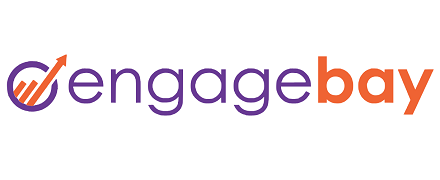
The user-friendly platform makes it useful for businesses without extensive technical expertise. It empowers businesses to nurture leads effectively through personalized communication, automated workflows, and insightful lead scoring.
EngageBay Key Features
- Landing page builder;
- Email marketing automation;
- Live chat solution;
- CRM integration;
- Social media management.
Pros & Cons
| Pros | Cons |
| Extensive CRM capabilities | Fewer integrations |
| Strong customer support and responsiveness | Limited templates |
| Cost-effective | Buggy email builder |
Pricing
- Free plan with limited features for up to 250 contacts;
- Paid plans with all-in-one access start at $13/user/month with 500 marketing contacts.
2. Salesforce — B2B Lead Nurturing Platform
Salesforce is a popular enterprise B2B lead nurturing and reporting platform. It helps enterprises analyze all customer interactions across departments and get data-driven insights about the performance of lead nurturing campaigns.
Best for:
- Enterprise B2B;
- Cross-department teams;
- Data-driven companies.
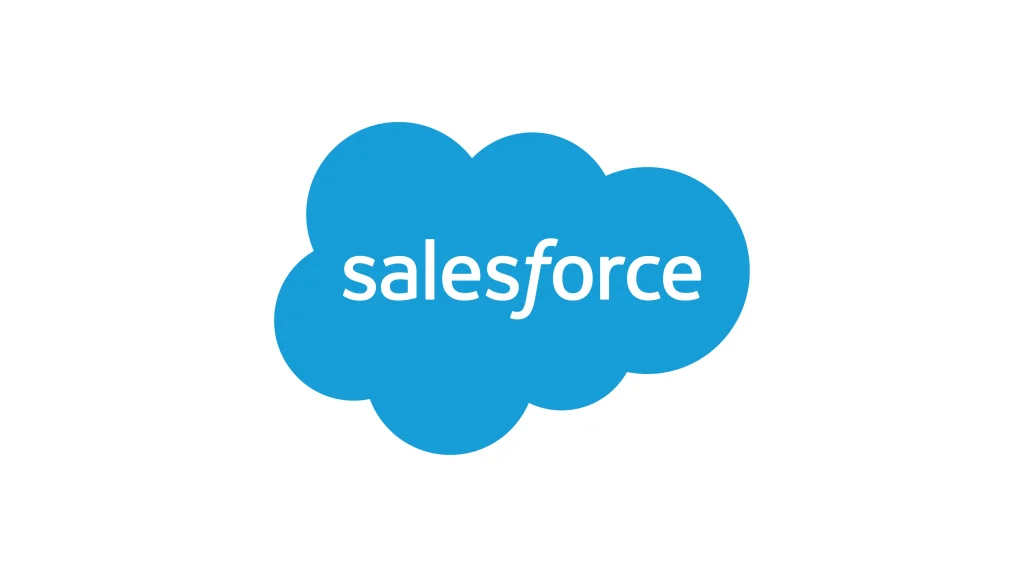
The software provides a 360° view of all leads so you can create relevant nurturing campaigns to turn leads into customers.
Salesforce also offers real-time updates, so you always know where your prospects are in the lead generation funnel. Other notable features include pipeline reporting, phone dialer, and call log to nurture client relationships.
Salesforce Key Features
- Lead nurturing planner;
- Lead generation features;
- MQL tracking;
- Email builder;
- Built-in dialer and call log.
Pros & Cons
| Pros | Cons |
| Lead pipeline visualization | Complex and overwhelming for beginners |
| Great integration ecosystem | Expensive |
| Strong customer support | Requires training for advanced configuration |
Pricing
- Free trial plan available on request;
- Paid plans for lead nurturing features start at $1,250 per month for up to 10,000 contacts.
10. Pipeline — Good Overall CRM Platform
Pipeline CRM is for small to midsize businesses that want to focus on sales. It helps sales teams automate the lead nurturing process through visual pipeline management.
Best for:
- Service businesses;
- SMBs;
- Sales organizations
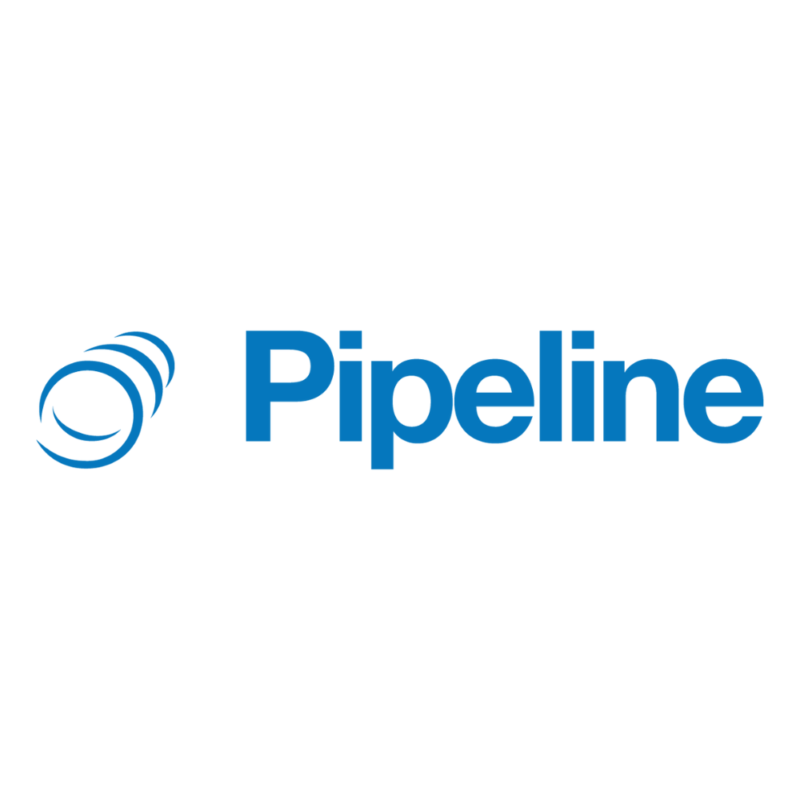
Pipeline CRM simplifies lead pipeline management and enhances customer engagement through social media and other channels.
You are sorted for many operational tasks with features like email and sales automation builder, social CRM, daily agenda reports, etc. However, it may not offer the advanced functionalities of more expensive, larger-scale CRM platforms.
Pipeline Key Features
- Social data integration;
- Role-based user permissions;
- Mobile accessibility;
- Marketing automation;
- Customizable dashboards and reports.
Pros & Cons
| Pros | Cons |
| Easy-to-navigate interface | Non-responsive contact form layouts |
| Transparent sales tracking | Occasional technical glitches |
| Customizable dashboards and reports | Too much focus on sales funnels |
Pricing
- 14-day free trial plan available;
- Paid plans start at $25 per user monthly for up to 250 deals and one sales pipeline.
11. Pipedrive — Best for Sales Process Automation
Pipedrive offers an uncluttered interface to streamline the sales process. Its kanban-style sales pipelines are highly visual and easy to follow, so teams can track deals effectively from start to finish.
Best for:
- Process-oriented companies;
- B2B SaaS tools;
- Mobile sales teams.

The user-friendly platform has many features that make lead nurturing more manageable for beginners. It has tools for lead qualification and an AI sales assistant that analyzes past sales activity.
There’s even a sales automation builder for automating deal progress and outreach tasks.
Pipedrive Key Features
- Customizable sales pipeline;
- Readymade analytics templates for different goals;
- Email inbox integrations;
- Document management;
- Mobile app.
Pros & Cons
| Pros | Cons |
| Visual sales pipeline | Complicated set up |
| Customizable workflows and automation | Slow customer service |
| AI sales assistant for forecasting | Limited number of reports on lower plans |
Pricing
- A 14-day free trial is available;
- Paid plans start at $10 per month for unlimited sales pipelines.
12. Marketo — Best for B2B Sales and Marketing Teams
Marketo offers advanced automation and personalization features, making it useful for enterprise clients looking to enhance their lead nurturing strategy.
Best for:
- B2B enterprises;
- Insider sales teams;
- Data-driven marketers.
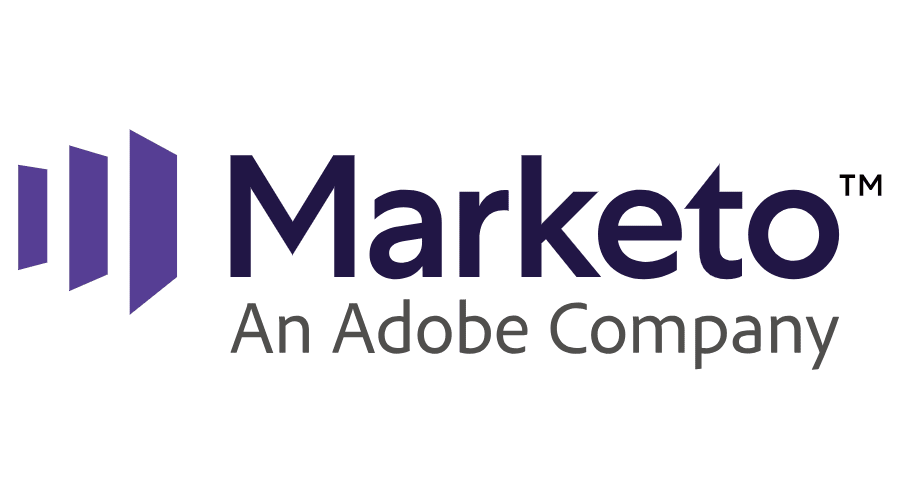
Marketo supports customization and promotes marketing scalability for businesses with complex sales funnels. It comes with lead management, email, customer base, and mobile marketing features.
Its powerful analytics and lead management tools make it a preferred choice for enterprises involved in B2B marketing.
However, smaller businesses or those new to marketing automation might find Marketo’s comprehensive features and pricing more challenging.
Marketo Key Features
- Advanced lead management;
- Email campaign management;
- Customer engagement tracking;
- Marketing resource management;
- Analytics and reporting.
Pros & Cons
| Pros | Cons |
| Integrations with major marketing & CRM solutions | Poor landing page builder experience |
| Responsive customer support | Steep pricing model |
| Easy to setup | Limited reporting without additional extensions (paid separately) |
Pricing
- Custom pricing plan available on request based on requirements;
- Standard plans start from $895/month.
13. Zixflow — Centralized Lead Management
Zixflow is an intelligent lead management and engagement solution that automates several steps of your lead nurturing process.
Best for:
- B2B tools;
- Marketing agencies;
- Sales-driven organizations.

The platform unifies lead management, marketing automation, and customer engagement across multiple channels. You can use its AI features to automate contextual follow-ups based on the lead stage.
There are many other useful tools for managing leads at every step, from a LinkedIn extension for prospecting to a validation tool for email verification and multichannel campaigns.
Zixflow Key Features
- Centralized CRM;
- AI-driven personalization;
- Email finder tool;
- Unified inbox;
- Workflow automation for lead nurturing.
Pros & Cons
| Pros | Cons |
| Unified customer inbox that syncs with all major platforms | Limited email templates |
| Sales cadence automation templates | Learning curve for beginners |
| Friendly and prompt customer support | Bugs with email finder tool |
Pricing
- Free marketing plan for SMS & email channels with 250 contacts (no CRM)
- Paid plans start at $79/month for marketing and CRM capabilities for up to 3 users.
Also read: 11 Best Email Capture Software for Generating More Leads
14. Act-On — Marketing Automation with Strong Lead Nurturing
Act-On offers an intelligent and user-friendly approach to marketing automation to boost prospect engagement and lead nurturing.
Best for:
- Enterprise marketers
- B2B companies
- Marketing agencies
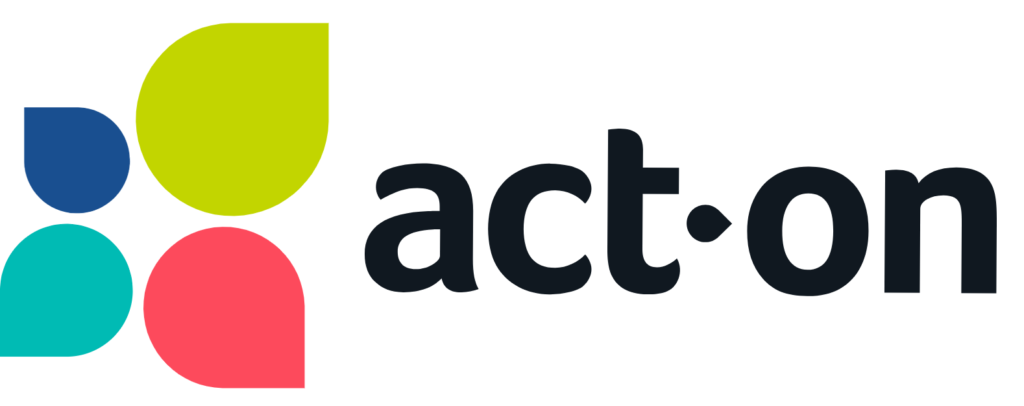
The platform offers tools for multichannel marketing automation and sales alignment. Its lifecycle marketing tools enable businesses to anticipate and meet buyers’ needs across their preferred channels.
With an intuitive automated journey builder, create elaborate omnichannel automations to guide prospects from consideration to purchase.
Key Features
- Visual journey builder with conditional logic;
- Lead automation flows;
- Lead scoring tool;
- AI content creation tool;
- Sales and marketing alignment tools.
Pros & Cons
| Pros | Cons |
| Powerful data studio for analytics | Outdated email composer |
| Dynamic content with conditional logic for personalization | Difficult to set up forms |
| Integrations with all major tools | Slow performance |
Pricing
- No free trial is available;
- Paid plans start at $900/month for up to 2,500 contacts.
Also read: What is Omnichannel Marketing? Definition, Tips & Examples
15. InsideSales — Sales Acceleration with Lead Nurturing Tools
InsideSales offers an AI-powered sales engagement platform to improve efficiency and accelerate revenue through intelligent lead nurturing.
Best for:
- Enterprise marketers
- B2B companies
- Marketing agencies
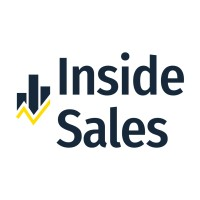
InsideSales is better than traditional sales auto-dialers as it uses AI and data to guide sales reps toward their next move.
With insights from 27 billion revenue interactions and 183 million buyer profiles, it provides actionable intelligence on who to target, how prospects behave, and the best engagement strategies. This helps in effective lead follow-up and automates lots of manual administrative tasks.
Key Features
- AI-powered sales cadence management;
- Automated task management;
- AI lead scoring;
- Team performance scoreboards;
- Buyer intelligence recommendations.
Pros & Cons
| Pros | Cons |
| Intelligent calling/outreach time suggestion tool | Bad customer support |
| Historical sales trends tool | Non-intuitive dashboard |
| Inside sales work automation | Lack of proper documentation or guides |
Pricing
- No free trial;
- On-demand pricing model based on your custom requirements.
Lead Nurturing Software FAQs
How can lead nurturing be automated?
Lead nurturing automation triggers email sequences, personalizes content delivery, and targets messaging based on lead behavior. You can set up workflows for automatically sending relevant information, follow-ups, and offers at optimal times.
Such automation tools can also score leads, track engagement, and notify sales teams when leads are ready for direct contact.
How do lead nurturing tools help businesses?
Lead nurturing and marketing automation tools streamline the sales process, improve lead quality, and increase conversion rates. They ensure consistent communication with prospects, deliver personalized content, and provide valuable insights into lead behavior.
These tools also save time by automating repetitive tasks, allowing sales and marketing teams to focus on high-value activities and strategy development.
What is the ROI of lead nurturing?
Companies with lead nurturing processes witness a 50% increase in sales at a 33% lower cost, leading to higher ROI.
You can calculate your incremental ROI through a simple formula. Subtract your new monthly revenue (due to lead nurturing efforts) from your usual monthly revenue to find incremental revenue. Then, it can be used to calculate ROI by factoring in the costs associated with lead nurturing efforts.
Also read:

